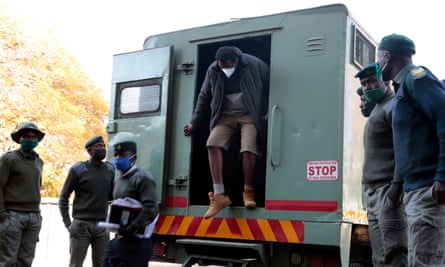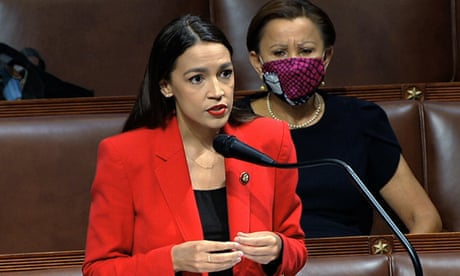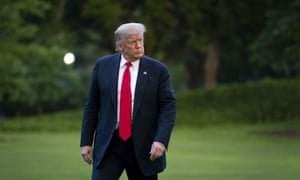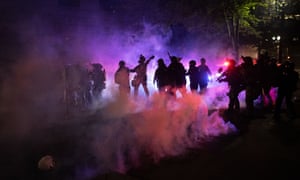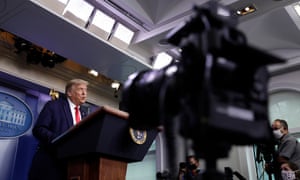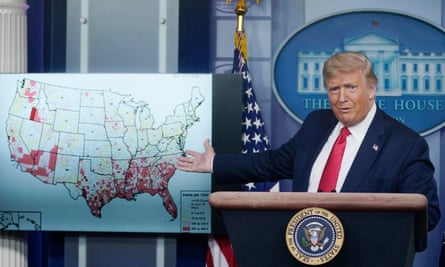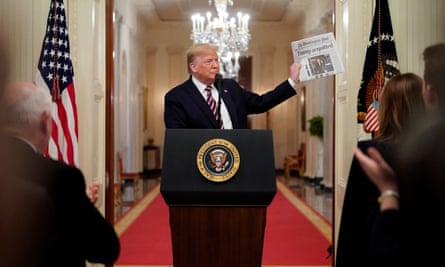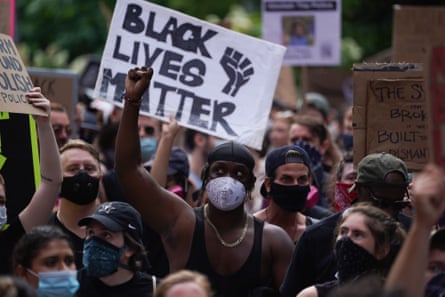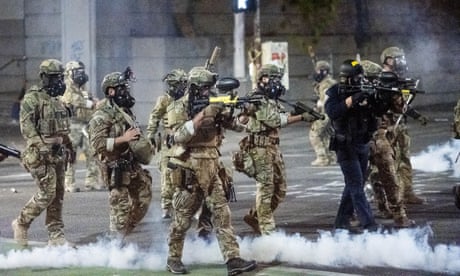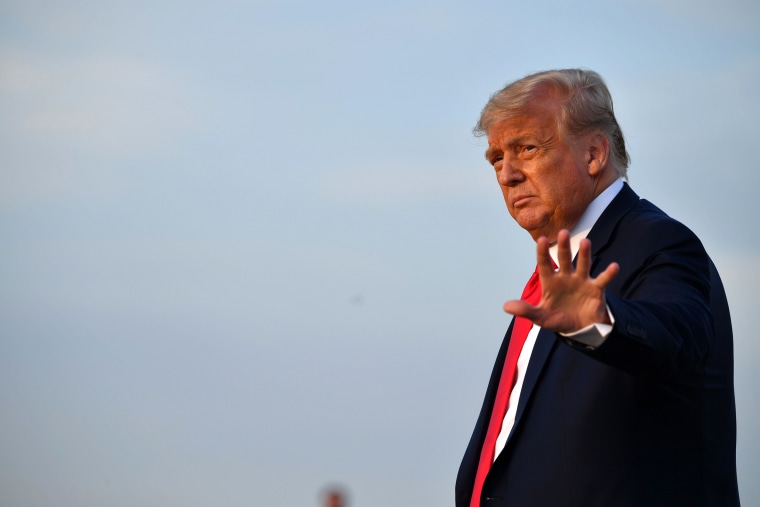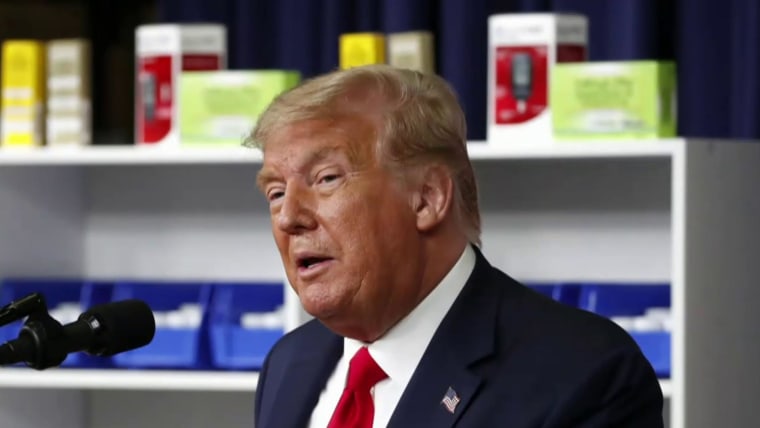RIP
Fleetwood Mac blues guitarist Peter Green dies at 73
UPDATED

FILE - In this file photo dated Saturday, April 7, 2001, British rock and blues guitarist Peter Green, a founding member of Fleetwood Mac, backstage before performing with his own band, Peter Green's Splinter Group, at B.B. King Blues Club & Grill, in New York. Lawyers representing the family of Peter Green, say in a statement Saturday July 25, 2020, that he has died, aged 73. (AP Photo/Mark Lennihan, FILE)
LONDON (AP) — Peter Green, the dexterous blues guitarist who led the first incarnation of Fleetwood Mac in a career shortened by psychedelic drugs and mental illness, has died at 73.
A law firm representing his family, Swan Turton, announced the death in a statement Saturday. It said he died “peacefully in his sleep″ this weekend. A further statement will be issued in the coming days.
Green, to some listeners, was the best of the British blues guitarists of the 1960s. B.B. King once said Green “has the sweetest tone I ever heard. He was the only one who gave me the cold sweats.”
Green also made a mark as a composer with “Albatross,” and as a songwriter with “Oh Well” and “Black Magic Woman.”
e crashed out of the band in 1971. Even so, Mick Fleetwood said in an interview with The Associated Press in 2017 that Green deserves the lion’s share of the credit for the band’s success.
“Peter was asked why did he call the band Fleetwood Mac. He said, ‘Well, you know I thought maybe I’d move on at some point and I wanted Mick and John (McVie) to have a band.’ End of story, explaining how generous he was,” said Fleetwood, who described Green as a standout in an era of great guitar work.
Indeed, Green was so fundamental to the band that in its early days it was called Peter Green’s Fleetwood Mac.

FILE - In this file photo dated Saturday, April 7, 2001, British rock and blues guitarist Peter Green, a founding member of Fleetwood Mac, performing with his own band, Peter Green's Splinter Group, at B.B. King Blues Club & Grill, in New York. Lawyers representing the family of Peter Green, say in a statement Saturday July 25, 2020, that he has died, aged 73. (AP Photo/Mark Lennihan, FILE)
Peter Allen Greenbaum was born on Oct. 29, 1946, in London. The gift of a cheap guitar put the 10-year-old Green on a musical path.
He was barely out of his teens when he got his first big break in 1966, replacing Eric Clapton in John Mayall’s Bluesbreakers — initially for just a week in 1965 after Clapton abruptly took off for a Greek holiday. Clapton quit for good soon after and Green was in.
In the Bluesbreakers he was reunited with Mick Fleetwood, a former colleague in Peter B’s Looners. Mayall added bass player McVie soon after.
The three departed the next year, forming the core of the band initially billed as “Peter Green’s Fleetwood Mac featuring (guitarist) Jeremy Spencer.”
Fleetwood Mac made its debut at the British Blues and Jazz festival in the summer of 1967, which led to a recording contract, then an eponymous first album in February 1968. The album, which included “Long Grey Mare” and three other songs by Green, stayed on the British charts for 13 months.

FILE - In this file photo dated Saturday, April 7, 2001, British rock and blues guitarist Peter Green, a founding member of Fleetwood Mac, warms up backstage before performing with his own band, Peter Green's Splinter Group, at B.B. King Blues Club & Grill, in New York. Lawyers representing the family of Peter Green, say in a statement Saturday July 25, 2020, that he has died, aged 73. (AP Photo/Mark Lennihan, FILE)
The band’s early albums were heavy blues-rock affairs marked by Green’s fluid, evocative guitar style and gravelly vocals. Notable singles included “Oh Well” and the Latin-flavored “Black Magic Woman,” later a hit for Carlos Santana.
But as the band flourished, Green became increasingly erratic, even paranoid. Drugs played a part in his unraveling.
On a tour in California, Green became acquainted with Augustus Owsley Stanley III, notorious supplier of powerful LSD to the The Grateful Dead and Ken Kesey, the anti-hero of Tom Wolfe’s book “The Electric Kool-Aid Acid Test.”
“He was taking a lot of acid and mescaline around the same time his illness began manifesting itself more and more,” Fleetwood said in 2015. “We were oblivious as to what schizophrenia was back in those days but we knew something was amiss.

FILE - In this file photo dated Saturday, April 7, 2001, British rock and blues guitarist Peter Green, a founding member of Fleetwood Mac, backstage before performing with his own band, Peter Green's Splinter Group, at B.B. King Blues Club & Grill, in New York. Lawyers representing the family of Peter Green, say in a statement Saturday July 25, 2020, that he has died, aged 73. (AP Photo/Mark Lennihan, FILE)
LONDON (AP) — Peter Green, the dexterous blues guitarist who led the first incarnation of Fleetwood Mac in a career shortened by psychedelic drugs and mental illness, has died at 73.
A law firm representing his family, Swan Turton, announced the death in a statement Saturday. It said he died “peacefully in his sleep″ this weekend. A further statement will be issued in the coming days.
Green, to some listeners, was the best of the British blues guitarists of the 1960s. B.B. King once said Green “has the sweetest tone I ever heard. He was the only one who gave me the cold sweats.”
Green also made a mark as a composer with “Albatross,” and as a songwriter with “Oh Well” and “Black Magic Woman.”
e crashed out of the band in 1971. Even so, Mick Fleetwood said in an interview with The Associated Press in 2017 that Green deserves the lion’s share of the credit for the band’s success.
“Peter was asked why did he call the band Fleetwood Mac. He said, ‘Well, you know I thought maybe I’d move on at some point and I wanted Mick and John (McVie) to have a band.’ End of story, explaining how generous he was,” said Fleetwood, who described Green as a standout in an era of great guitar work.
Indeed, Green was so fundamental to the band that in its early days it was called Peter Green’s Fleetwood Mac.

FILE - In this file photo dated Saturday, April 7, 2001, British rock and blues guitarist Peter Green, a founding member of Fleetwood Mac, performing with his own band, Peter Green's Splinter Group, at B.B. King Blues Club & Grill, in New York. Lawyers representing the family of Peter Green, say in a statement Saturday July 25, 2020, that he has died, aged 73. (AP Photo/Mark Lennihan, FILE)
Peter Allen Greenbaum was born on Oct. 29, 1946, in London. The gift of a cheap guitar put the 10-year-old Green on a musical path.
He was barely out of his teens when he got his first big break in 1966, replacing Eric Clapton in John Mayall’s Bluesbreakers — initially for just a week in 1965 after Clapton abruptly took off for a Greek holiday. Clapton quit for good soon after and Green was in.
In the Bluesbreakers he was reunited with Mick Fleetwood, a former colleague in Peter B’s Looners. Mayall added bass player McVie soon after.
The three departed the next year, forming the core of the band initially billed as “Peter Green’s Fleetwood Mac featuring (guitarist) Jeremy Spencer.”
Fleetwood Mac made its debut at the British Blues and Jazz festival in the summer of 1967, which led to a recording contract, then an eponymous first album in February 1968. The album, which included “Long Grey Mare” and three other songs by Green, stayed on the British charts for 13 months.

FILE - In this file photo dated Saturday, April 7, 2001, British rock and blues guitarist Peter Green, a founding member of Fleetwood Mac, warms up backstage before performing with his own band, Peter Green's Splinter Group, at B.B. King Blues Club & Grill, in New York. Lawyers representing the family of Peter Green, say in a statement Saturday July 25, 2020, that he has died, aged 73. (AP Photo/Mark Lennihan, FILE)
The band’s early albums were heavy blues-rock affairs marked by Green’s fluid, evocative guitar style and gravelly vocals. Notable singles included “Oh Well” and the Latin-flavored “Black Magic Woman,” later a hit for Carlos Santana.
But as the band flourished, Green became increasingly erratic, even paranoid. Drugs played a part in his unraveling.
On a tour in California, Green became acquainted with Augustus Owsley Stanley III, notorious supplier of powerful LSD to the The Grateful Dead and Ken Kesey, the anti-hero of Tom Wolfe’s book “The Electric Kool-Aid Acid Test.”
“He was taking a lot of acid and mescaline around the same time his illness began manifesting itself more and more,” Fleetwood said in 2015. “We were oblivious as to what schizophrenia was back in those days but we knew something was amiss.
REALLY I FIND THAT HARD TO BELIEVE SINCE THE LEAD SINGER FOR PINK FLOYD WAS SCHIZOPHRENIC SINCE THE SEVENTIES
“Green Manalishi,” Green’s last single for the band, reflected his distress.
In an interview with Johnny Black for Mojo magazine, Green said: “I was dreaming I was dead and I couldn’t move, so I fought my way back into my body. I woke up and looked around. It was very dark and I found myself writing a song. It was about money; ‘The Green Manalishi’ is money.”
In some of his last appearances with the band, he wore a monk’s robe and a crucifix. Fearing that he had too much money, he tried to persuade other band members to give their earnings to charities.
Green left Fleetwood Mac for good in 1971.

FILE - In this file photo dated Monday, Jan. 12, 1998 Members of Fleetwood Mac hold their awards after the group was inducted into the Rock and Roll Hall of Fame, in New York. From left, are: Peter Green; John McVie; Stevie Nicks; Christine McVie; Mick Fleetwood; and Lindsey Buckingham. Lawyers representing the family of Peter Green, say in a statement Saturday July 25, 2020, that he has died, aged 73. (AP Photo/Adam Nadel, FILE)
In his absence, the band’s new line-up, including Christine McVie, Stevie Nicks and Lindsey Buckingham, gained enormous success with a more pop-tinged sound.
Green was confined in a mental hospital in 1977 after an incident with his manager. Testimony in court said Green had asked for money and then threatened to shoot out the windows of the manager’s office.
Green was released later in the year, and married Jane Samuels, a Canadian, in 1978. They had a daughter, Rosebud, and divorced the following year. Green also has a son, Liam Firlej.
Green returned to performing in the 1990s with the Peter Green Splinter Group.
In 1998, he was inducted into the Rock and Roll Hall of Fame along with other past and present members of Fleetwood Mac.
___
THIS IS A POSTHUMOUS OBIT
AP writer Bob Barr died in 2018.
"THEN PLAY ON" IT IS THEIR SECOND ALBUM 1969
Fleetwood Mac "Then Play On" (1969) - Full Album -
Peter Green, the influential blues rock guitarist and co-founder of Fleetwood Mac, has died. He was 73.
The musician's death was confirmed by his family members in a statement shared with the BBC.
“It is with great sadness that the family of Peter Green announce his death this weekend, peacefully in his sleep. A further statement will be provided in the coming days," the statement reads.
Born in London in 1946, Green began his career as a teenager in 1965 as the guitarist for John Mayall's Bluesbreakers, where he replaced Eric Clapton. Two years later, Green teamed up with drummer Mick Fleetwood to form Fleetwood Mac. The two later recruited John McVie on bass.
Under Green's direction, the early incarnation of Fleetwood Mac released three albums, starting with its 1968 self-titled debut, followed by Mr. Wonderful (1968) and Then Play On (1969).
During his time in the group, Green penned such popular songs as "Albatross," "Man of the World," "Oh Well" and "Black Magic Woman," which later became a hit for Santana.
Green left Fleetwood Mac in 1970 and was later diagnosed with schizophrenia, forcing him to seek treatment in psychiatric hospitals.
Fleetwood Mac later went on to achieve major success with the new lineup of Christine McVie, Stevie Nicks and Lindsey Buckingham.
Green continued to release music following his departure from Fleetwood Mac, including his 1970 solo debut, The End of the Game. Because of his mental illness, however, the guitarist wouldn't release another solo album until 1979. His last solo release was 1983's Kolors.
During the 1990s, Green teamed up with guitarist Nigel Watson and drummer Cozy Powell to form Peter Green Splinter Group, releasing numerous albums in the late '90s and early 2000s.
In 1998, Green was inducted into the Rock and Roll Hall of Fame along with seven other past and present other members of Fleetwood Mac.
In February, Mick Fleetwood organized an all-star tribute to the early years of Fleetwood Mac with Green, featuring performances by Billy Gibbons, David Gilmour, Steven Tyler and many other.
“The concert is a celebration of those early blues days where we all began, and it’s important to recognize the profound impact Peter and the early Fleetwood Mac had on the world of music,” Fleetwood explained in a statement. “Peter was my greatest mentor and it gives me such joy to pay tribute to his incredible talent. I am honored to be sharing the stage with some of the many artists Peter has inspired over the years and who share my great respect for this remarkable musician.”
Following news of Green's death, tributes came pouring in from artists like Peter Frampton, Geezer Butler, Winston Marshall and many more. See their posts below.
Peter Green: Fleetwood Mac co-founder dies aged 73
Green co-founded band with Mick Fleetwood in 1967 and was behind a string of hits
Tributes have been paid to Fleetwood Mac co-founder Peter Green after he died “peacefully in his sleep” aged 73.
A statement from Swan Turton solicitors, acting on behalf of his family, said: “It is with great sadness that the family of Peter Green announce his death this weekend, peacefully in his sleep. A further statement will be provided in the coming days.”
Green, the influential blues rock guitarist from Bethnal Green, east London, formed Fleetwood Mac with drummer Mick Fleetwood in London in 1967. The following year the group released an eponymous debut also known as Peter Green’s Fleetwood Mac, gaining widespread acclaim and reaching number four in the charts.
Mr Wonderful was released in the same year, without receiving the same plaudits, before Then Play On in 1969, which reached number six in the UK. However, Green then left following a final performance in 1970 amid mental health issues, saying he left the music business “for my freedom” after writing much-loved tracks Albatross, Man of the World and Oh Well.
He was eventually diagnosed with schizophrenia and spent time in hospital undergoing therapy during the mid-1970s, later admitting he may have embarked on too many LSD trips. But he returned to performing in the 1990s, following a reported period in various jobs including as a gravedigger and a petrol-pump attendant.
Green was among the eight members of the band – along with Fleetwood, Stevie Nicks, Lindsey Buckingham, John McVie, Christine McVie, Danny Kirwan and Jeremy Spencer – who were inducted into the Rock & Roll Hall of Fame in 1998.
Earlier this year, artists including Fleetwood, Pink Floyd’s David Gilmour, ZZ Top’s Billy Gibbons and guitarists Jonny Lang and Andy Fairweather Low performed at the London Palladium during a gig celebrating the early years of Fleetwood Mac and its founder, Green.
In a testament to his influence on the British blues movement, legendary guitarist BB King once said of Green: “He has the sweetest tone I ever heard; he was the only one who gave me the cold sweats.”
Green also performed in the band John Mayall & the Bluesbreakers, recording notable track The Supernatural which Mojo magazine later placed as third in a 1995 list of outstanding guitar tracks.
Rolling Stone magazine ranked Green at number 58 in its all-time list of the 100 greatest guitarists, describing him as “Britain’s most progressive blues guitarist” in the late 1960s who took listeners on a melodic adventure.
Whitesnake’s David Coverdale said Green was an artist he “truly loved and admired”.
He tweeted: “From the first time I heard him ... I supported the original Fleetwood Mac at Redcar Jazz Club when I was in a local band … He was a breathtaking singer, guitarist and composer... I know who I will be listening to today ... RIP.”
Bernie Marsden(@Bernie_Marsden)
Peter Green - thank you for everything. pic.twitter.com/0dRpM4Luj9July 25, 2020
Musician Peter Frampton tweeted: “Most sadly have lost one of the most tasteful guitar players ever I have always been a huge admirer of the great Peter Green may he rest in peace.”
Mumford and Sons guitarist Winston Marshall tweeted: “RIP Peter Green. [Greatest of all time]. Man of the world, oh well, albatross, need your love so bad. Some of my favourites songs and performances of all time. Thank you for the music.”
Yusuf/Cat Stevens tweeted: “God bless the ineffable Peter Green, one of the unsung heroes of musical integrity, innovation and spirit. When I heard he left Fleetwood Mac in 1970 to get a real life and donate his wealth to charity, he became something of a model
PETER GREEN & John Mayall Bluesbreakers 21 FULL LIVE TRACKS Compilation
Peter Green's Fleetwood Mac ~ Live At The Paris Cinema London 1970 Part 1
FLEETWOOD MAC - LIVE 1970
PETER GREEN - GTR/VOX/FENDER 6 BASS/PERCUSSION



